Key Takeaways
- Avoid ineffective home remedies like grits, club soda, citrus peels, vinegar, gasoline, and bleach, as these do not eliminate fire ant colonies.
- Use the Two-Step Method: broadcast baits to eliminate entire colonies and targeted mound treatments for immediate relief.
- Natural remedies like boiling water, Spinosad-based organic baits, and citrus-based drenches can safely manage smaller infestations.
- For extensive or stubborn infestations, hire professional pest control services for thorough, long-term results.
- Wear protective clothing, follow product instructions carefully, and coordinate treatments with neighbors for community-wide success.
- Monitor your property, maintain your yard, seal home entry points, and schedule periodic treatments to prevent future infestations.
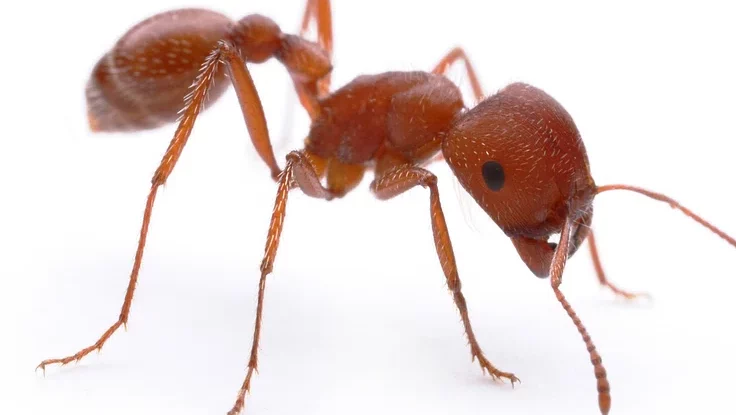 Fire ants are aggressive pests that can quickly transform your yard from a relaxing space into a danger zone. Known for their painful bites and stings, fire ants pose significant risks to families, pets, and local wildlife.
Fire ants are aggressive pests that can quickly transform your yard from a relaxing space into a danger zone. Known for their painful bites and stings, fire ants pose significant risks to families, pets, and local wildlife.
This comprehensive guide explores the most effective remedies for killing fire ants, helping US homeowners safely and permanently eliminate these troublesome insects.
Understanding the Threat: Why Fire Ant Control Matters
Fire ants, particularly the red imported fire ant (Solenopsis invicta), are highly invasive in southern states like Texas, Florida, Georgia, and across the southeastern US. These ants create large mounds in lawns and gardens and aggressively defend their territory, causing painful stings that can result in serious allergic reactions.Effective control is essential because fire ants reproduce rapidly, creating colonies with thousands of ants that spread quickly across residential properties. Beyond physical pain, fire ants can cause economic damage by damaging electrical equipment, landscaping, and gardens. Their aggressive nature means that they will quickly swarm to defend their mounds, putting children and pets at particular risk during outdoor activities.
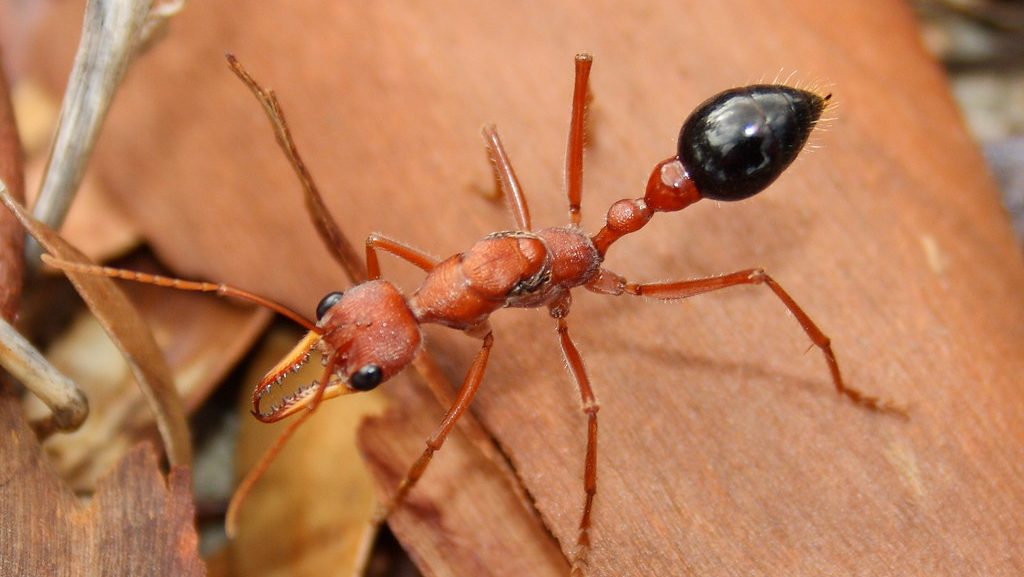

Not getting a solution?
Get your free pest control estimate today!Common Myths About Fire Ant Remedies
- Many homeowners turn to home remedies to combat fire ant problems. Unfortunately, several popular solutions fail to deliver effective results:
-
Grits and Oatmeal: Believed to expand inside the ants, this method is ineffective as fire ants do not consume dry grits or oatmeal.
-
Club Soda: Pouring carbonated water over mounds does not work since it fails to reach the queen deep underground.
-
Orange Peels and Citrus Oils: While citrus-based repellents may temporarily deter ants, they do not eliminate the queen or the entire colony.
-
Vinegar or Baking Soda: These household substances may kill a few ants on contact but are ineffective in eradicating an entire colony.
-
Gasoline or Bleach: Using hazardous chemicals poses serious risks to humans, pets, and the environment, making them unsafe and ineffective for ant control.
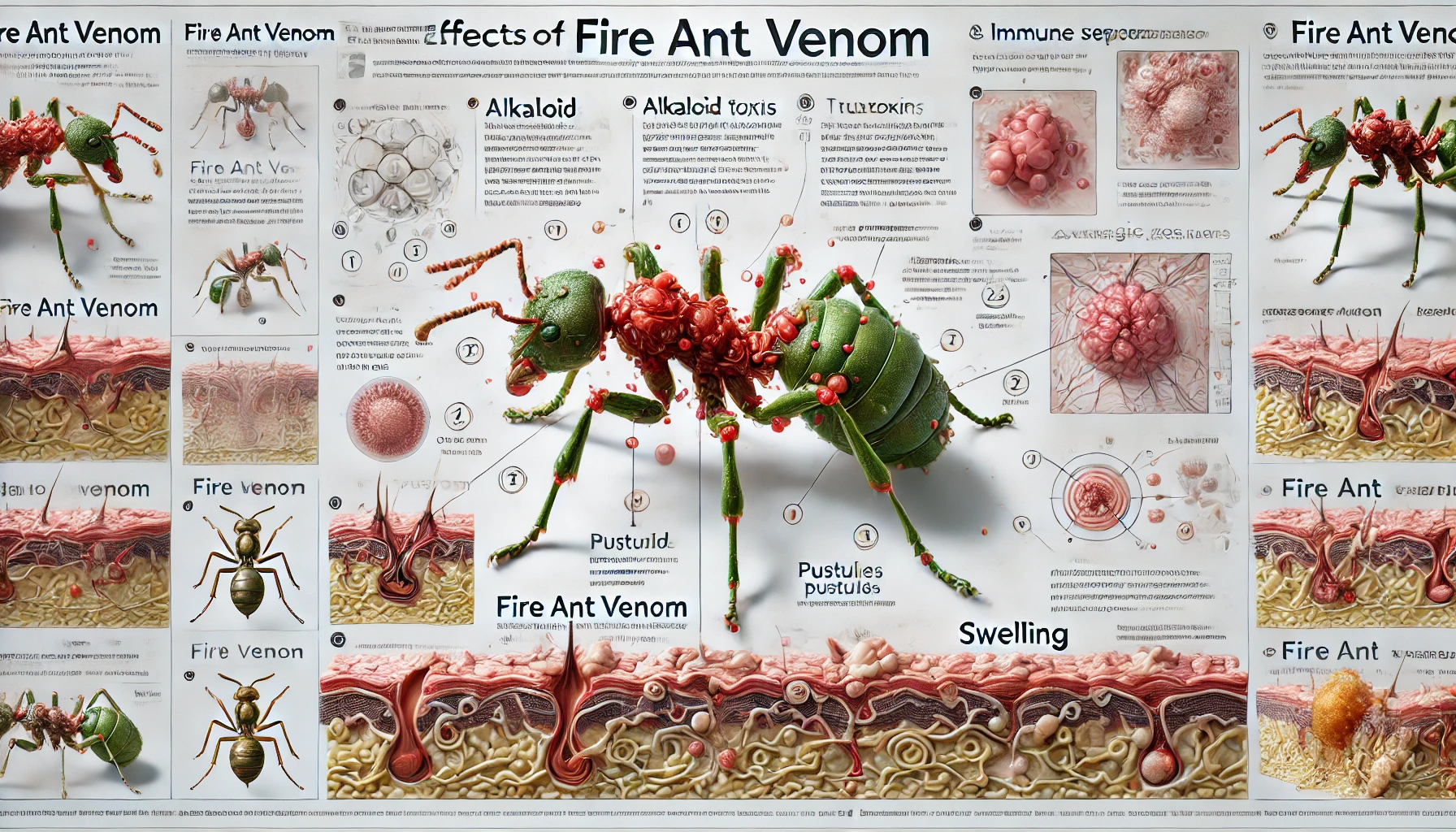
Proven Effective Remedies to Kill Fire Ants
1. The Two-Step Method (Recommended Approach) The most effective strategy to eliminate fire ants is the Two-Step Method, combining broadcast baits with targeted mound treatments:’Step 1: Broadcast Bait Application
-
What is it?: Granular baits containing slow-acting insecticides designed to eliminate fire ant colonies.
-
How to Use: Spread bait across your entire lawn using a broadcast spreader during warm, dry weather when ants actively forage (early morning or evening).
-
Effective Ingredients: Common active ingredients include Hydramethylnon (e.g., Amdro®), Spinosad (organic), Indoxacarb, and S-Methoprene.
-
Why it Works: Worker ants carry the bait back to the colony, effectively poisoning the queen and larvae, eliminating the colony from within.
Step 2: Individual Mound Treatments
- While bait does its long-term job, use immediate treatments for visible mounds:
-
Liquid Insecticides: Permethrin, bifenthrin, or lambda-cyhalothrin solutions can quickly eliminate active mounds.
-
Dust and Granules: Acephate (Orthene) dust or deltamethrin granules applied directly to the mound surface provide fast knockdown of ants.
-
Natural Alternatives: Boiling water (carefully applied) or natural citrus-oil mixtures can reduce mound activity but may require multiple applications.
Natural and Organic Remedies
- For homeowners preferring natural treatments, several options can help control smaller infestations effectively:
-
Boiling Water: Pouring 2-3 gallons of boiling water into mounds provides about 60% effectiveness per mound but requires caution to avoid burns and damage to plants.
-
Spinosad Baits: Organic-certified bait options using Spinosad, a natural soil bacterium byproduct, effectively control fire ants by targeting their nervous systems.
-
Citrus-Based Drenches: D-Limonene-based products can kill ants on contact and help manage minor infestations in sensitive areas like vegetable gardens and playgrounds.
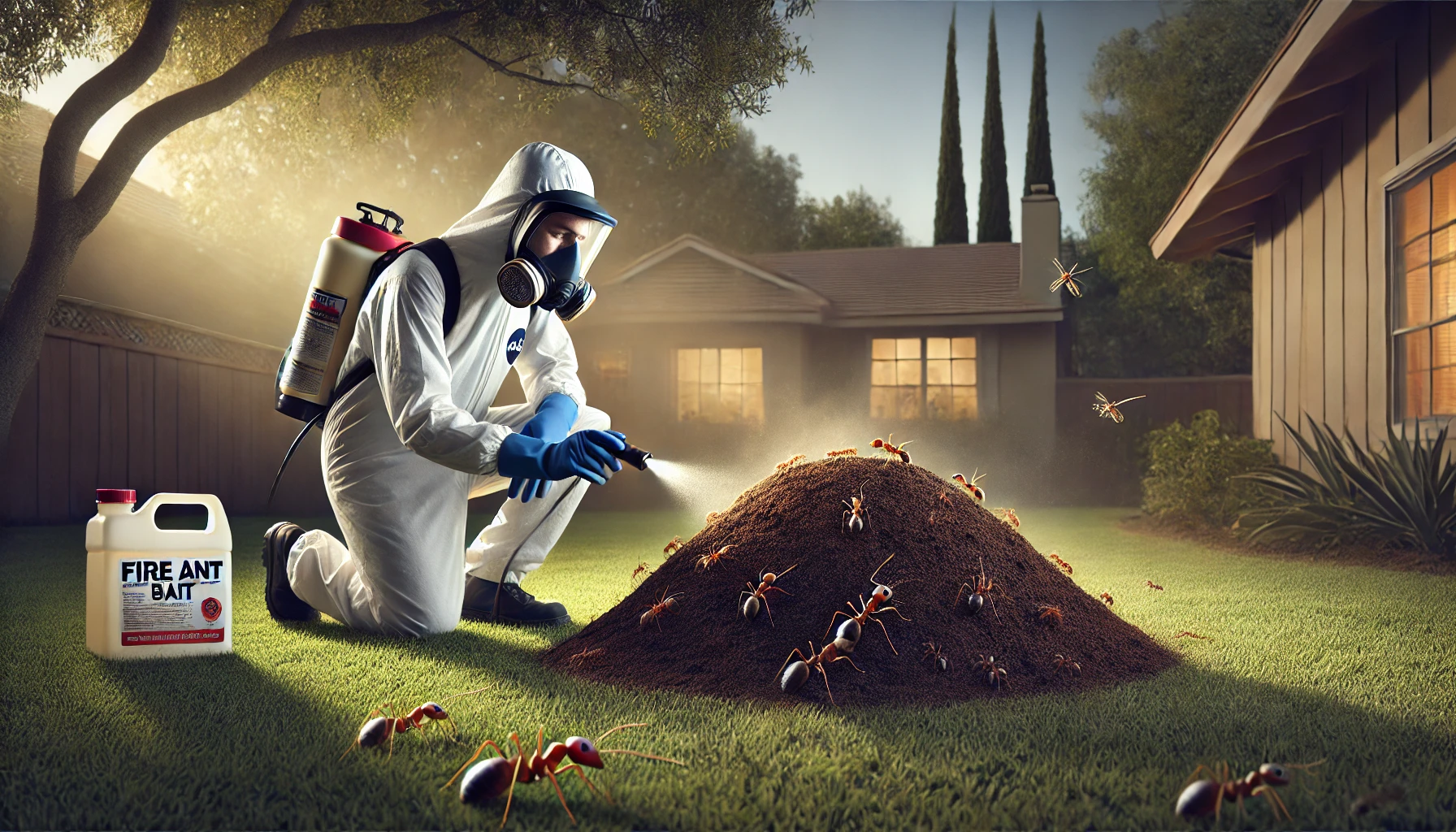
Professional Pest Control Services
- In cases of serious or larger infestations, professional pest control services can offer you a wide range of professional and reliable solutions:
-
Benefits: Pest control professionals have access to commercial-grade insecticides, specialized technologies, and high-grade equipment to treat extensive infestations efficiently.
-
When to Consider: If repeated DIY treatments fail or infestations occur near sensitive areas like playgrounds, gardens, or electrical equipment.
-
Safety Assurance: Professional services ensure effective and safe treatment, minimizing risks to family and pets by adhering to strict safety protocols and proper chemical applications.
Safety Tips for Treating Fire Ants
- Safety must always be a priority when dealing with fire ant control:
-
Protective Clothing: Always wear gloves, long pants, and closed-toe shoes when treating fire ant mounds to prevent bites and stings.
-
Follow Instructions: Carefully read and adhere to product labels for correct application rates and safety precautions to protect your family and environment.
-
Avoid Mound Disturbance: Apply treatments without disturbing mounds beforehand to prevent ants from relocating and becoming aggressive.
-
Community Collaboration: Coordinate treatments with neighbors for greater area-wide control and sustained success.
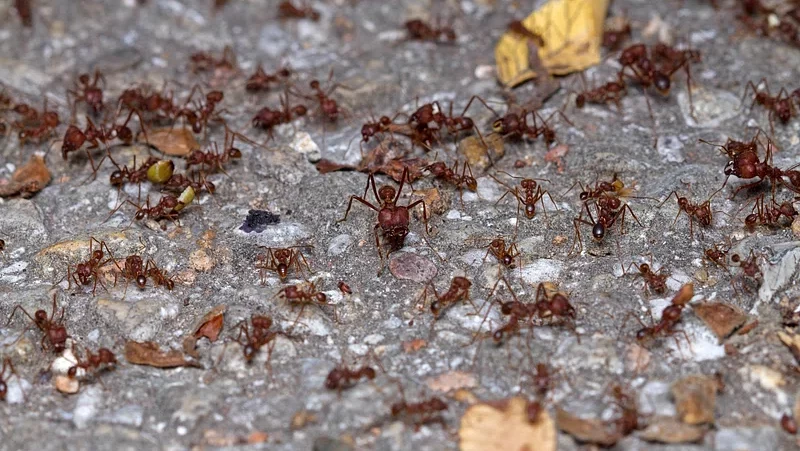
Maintaining a Fire Ant-Free Environment
- To ensure long-term fire ant control, there is a process which involves assertive measures and regular monitoring:
-
Regular Monitoring: Frequently inspect your property for new mounds, especially after rain or during warmer months when ants are most active.
-
Scheduled Treatments: Apply broadcast bait treatments 1-2 times annually (spring and fall) to manage recurring infestations proactively.
-
Yard Maintenance: Keep lawns neatly mowed and remove debris piles that provide nesting sites for ants.
-
Seal Home Entry Points: Seal foundation cracks and remove indoor food sources to prevent ants from entering homes during environmental extremes or seeking shelter.
If you feel things have gone out of control, it is advised to contact pest control professionals. Our team can provide a customized approach to protect your home effectively.
Visit our Species, Control, and DIY Guide sections for additional resources on ants and ways to tackle ants infestation.





